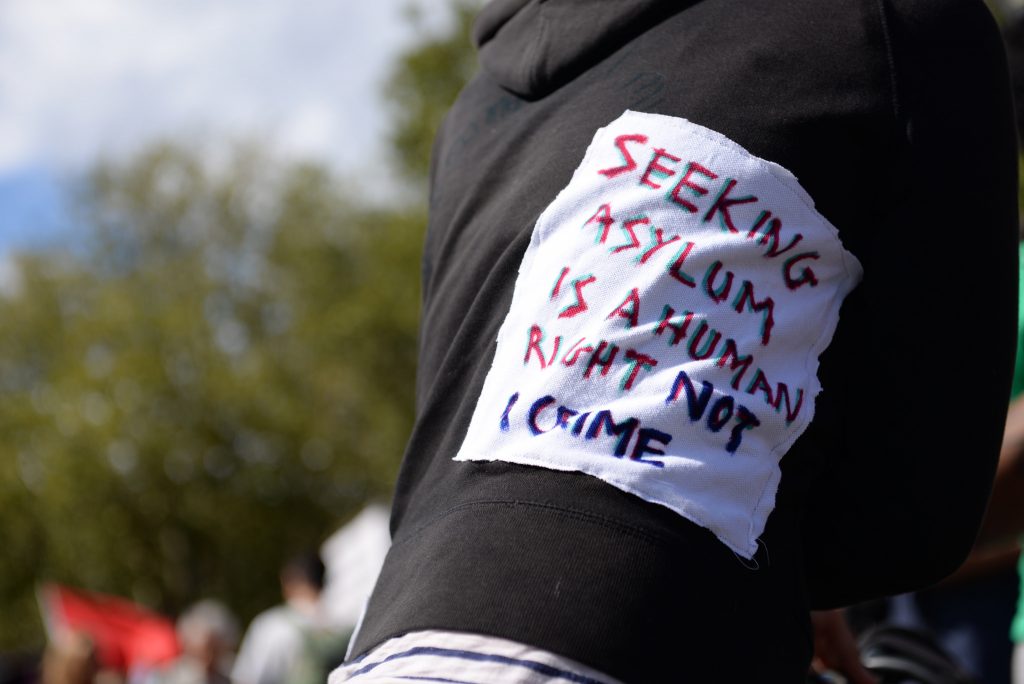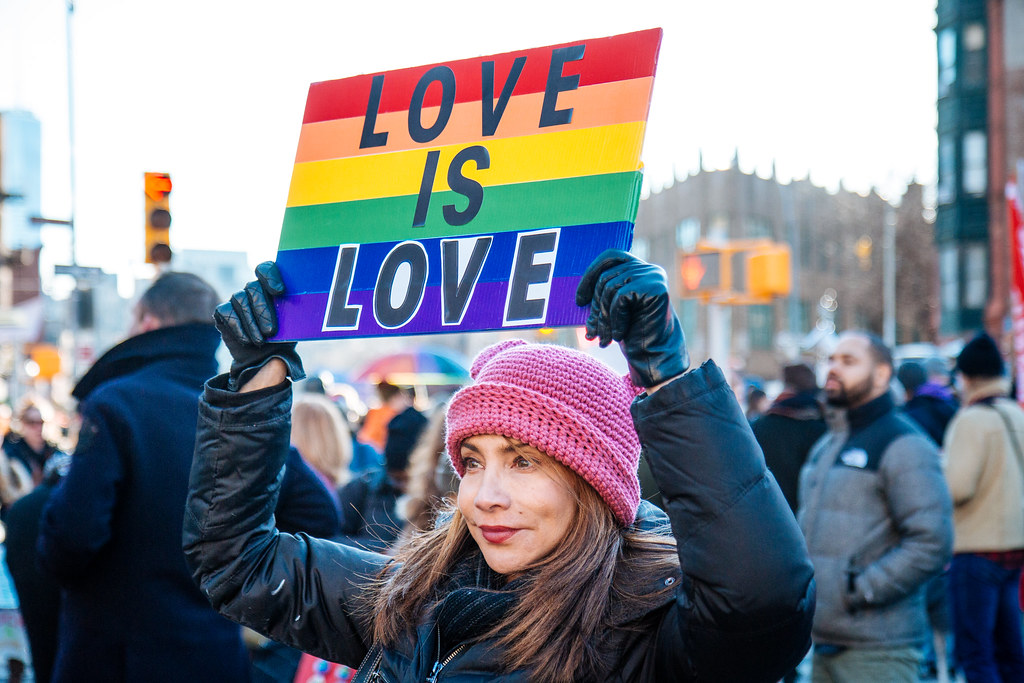A group of LGBT+ asylum seekers who were promised asylum in the UK but remain stranded in Turkey are threatening legal action as they fear their sexuality puts them at risk of violence.
The group of 15 refugees were promised asylum under the Syrian Vulnerable Person Resettlement Programme, but two years later they remain in Istanbul and say they have faced discrimination from other refugees, as well as Turkish citizens.
Duncan Lewis, the law firm representing the group, has sent a letter on their behalf to the Home Office explaining the discrimination the refugees have faced and promised to initiate legal action unless their cases are moved forward.
LGBT+ Asylum Seekers

Credit: Ilias Bartolini/Flickr
Sheroy Zaq, a solicitor at Duncan Lewis, told the Thomson Reuters Foundation that the refugees are concealing their identity in public because they are scared of being recognised and attacked.
“Pretty much every client that we spoke to mentioned that they had to essentially hide,” Zaq explained.
“For some of them, the minute they leave their home, they have to wear a mask when they are walking down the street in Turkey, not only in terms of fear of physical and verbal abuse from the general public but also from authorities.”
It is not illegal to be LGBT+ in Turkey, but societal attitudes are negative and hate crimes are frequent within the country – with at least 41 hate motivated murders having been recorded between 2010 and 2014.
The minute they leave their home, they have to wear a mask when they are walking down the street in Turkey.
Sheroy Zaq, a lawyer for the refugees
The Home Office has faced criticism over the way it has handled LGBT+ asylum seeker cases, as the number of rejected cases of LGBT+ refugees rose 52 per cent in two years from 2015.
A total of 78 per cent of asylum claims mentioning sexuality were rejected in 2017.
Campaigners have called the figures “deeply worrying”, as refugees are forced to return to countries where they face discrimination, prison, violence and sometimes death.
The Trauma Of Hiding Your Identity

Credit: Ggia/Wikimedia Commons
Leila Zadeh, the executive director of the UK Lesbian and Gay Immigration Group, explained that the longer the refugees are hiding their true selves, the more trauma it will cause.
“The whole time that people are waiting they are suffering every single day as they cannot be themselves and get on with their lives,” Zadeh said.
“They are also living with the fear they are not ever going to be safe and not knowing if they are going to be forced back to the country they escaped at some point.”
Much of the stress that causes trauma comes from the requirement to provide documents that prove a refugee was victimised because of their sexuality.
The whole time that people are waiting they are suffering every single day as they cannot be themselves and get on with their lives.
Executive director of the UK Lesbian and Gay Immigration Group, Leila Zadeh
Adeniyi Raji faced deportation last year to his home country of Nigeria after being held for six months in a detention centre. Raji fled Nigeria after his wife caught him with his partner, and instigated attacks against him. His evidence was nullified by the Home Office.
“I was attacked on several occasions. As soon as she saw us, she immediately raised the alarm. People gathered and started beating us severely. After that, she divorced me. The Nigerian police started publishing my pictures and my name in the Nigerian national dailies.
“They kept saying that anyone who has useful information that could lead to my arrest should come forward [so that I can] face the wrath of the land as a result of my sexual orientation,” Raji said.
The Home Office denied his application for asylum as there wasn’t enough evidence. He is still in the appeal process.
‘Anne Frank’ Policy Forces People To Hide Their Sexuality

Credit: Volkan Olmez / Unsplash
Until 2010, the Home Office were allowed to reject LGBT+ asylum cases and issued guidance to them to hide their sexuality to remain safe.
However, this was outlawed by the UK Supreme Court in HJ (Iran) v Secretary of State for the Home Department [2010] UKSC 31.
The court said the controversial “Anne Frank” policy, which was in place from 2006, forced people to hide who they were – and like the famous Jewish girl – would be in severe danger if they did not hide.
“To pretend a person’s sexuality does not exist, is to deny them the fundamental right to be who they are,” one judge noted in the ruling.







